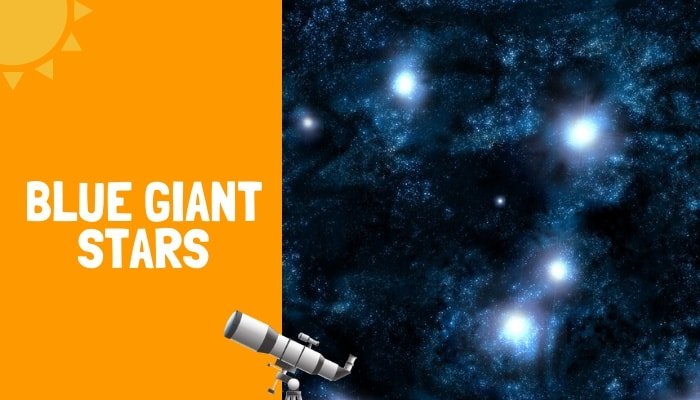If you love moon gazing with a telescope, we often ask ourselves questions like how long it would take to get to the moon. A recent question I asked was what would happen without the moon to earth.
Does earth need the moon to function correctly? Let’s find out what would happen if the moon just vanished out of our night sky one day.
The moons gravitational force keeps the earth on a steady axis. With no moon, the earth axis would widely change, giving us extreme weather conditions. Life could survive with no moon, but it would be dramatically different earth that we currently live on now.
The moon affects many things on earth; we would have a vastly different earth, but let’s cover some of these in more detail below.
How the oceans would be affected with no moon
With moonless earth, the oceans would dramatically affect the size of the tides.
The tides will be much smaller with moonless earth. The tides would be around one-third smaller than they are currently.
With smaller tides, there will be much less coastal erosion, but with this comes a problem. The tide churns up the seabed on the cost that allows thriving ecosystems to take place.
Without this, the ecosystems would cease to exist, and in turn, the animals that live in this ecosystem would also cease to exist. Some animals include crabs, mussels, starfish that rely on the ecosystem and would not survive without it.
Also, the tides have a significant impact on the climate we could have. Tides drive ocean currents. These currents are what distributes the warm water around the world. As the tides would be much smaller, the warmer water wouldn’t be pushed around quite as much. This would lead to much warmer water in parts of the ocean, which would lead to extreme weather.
How animals on earth would be affected with no moon
There will be a dramatic change in the ecosystem for animals, and some will become extinct with no moon.
The reason for this is that animals rely on night and day to hunt their prey. Some animals use the cover of darkness with the little moonlight to effectively hunt their prey. Without the moonlight to highlight their prey, hunting would be near impossible.
What this would cause a complete imbalance in the ecosystem, and predatory animals would most likely become extinct.
Any imbalance in the animal ecosystem can dramatically change the landscape of the animal kingdom.
How would night time be affected with no moon?
With no moon, the night would be much darker. The only light from the night sky would be coming from the next brightest object in the sky. Venus is what we would have to light up the earth, and as it’s so dim, it would have little effect.
Just to compare Venus at its brightest stage, the moon is two thousand times more luminous.
How would no moon effect on lunar events?
Maybe a little less of an issue; however lunar eclipses and solar eclipses would be no more. With no moon to block the sunlight, these events would never happen on moonless earth.
How long will days be on earth we no moon?
Due to the gravitational force or pull of the moon, the earth’s rotation would slow down over a period of time. Without the gravitational force on earth, the day would go in the blink of an eye.
Without the moon, a day on earth would last six to twelve hours. The time would be a little longer at first until the earth’s rotation comes to its slowest speed.
How the seasons would be affected with no moon
The most worrying element of moonless earth would come in effect it had on our seasons.
Earth’s season currently stands in spring, summer, autumn, and winter; this is because of the tilt of our earth’s axis. Due to the moon’s gravitational force or pull, the earth is kept tilted on an axis tilted at 23.5 degrees.
The gravitational force keeps our earth on this axis and allows the earth to go through a stable seasonal weather system. Without the moon keeping us on this axis, the earth would tilt extremely.
It is unknown how the earth would tilt; however, with no tilt, we would have no seasons, and a large tilt would give us extreme weather conditions. The extremes could ultimately lead to an ice age.
Conclusion
Moongazing is such an enjoyable pastime, which gives us many hours of enjoyment. We often ask questions like this, and I have enjoyed answering it here.
So we now know that life on earth may be dramatically different from no moon, but it would be possible to survive.
We have many questions that we have answered throughout the site. If you are looking to get into backyard stargazing, then we have an article on the best telescope for planets. If you want some extra reading about the moon, why not take up to the lunar 100 challenge where we have free downloads.



